Undergraduate Major Programs
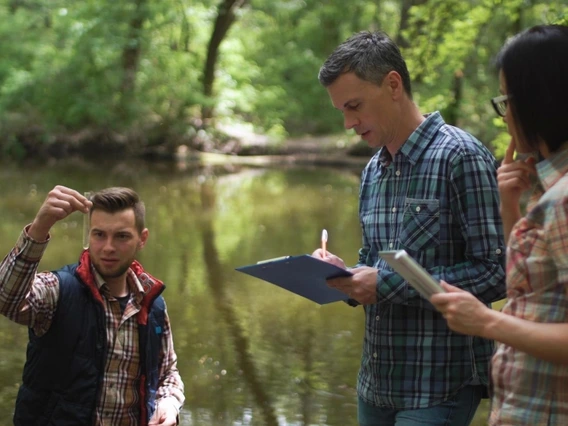
Geography
Water, Environment and Society Emphasis
Explore water supply and demand—a critical issue globally and in the Western U.S.—at a the world's No. 1 program in water resources. Courses examine key challenges and train you in the methods to address them, including remote sensing, geographic information science, and field methods, complemented by internships and research opportunities at renowned facilities and organizations.
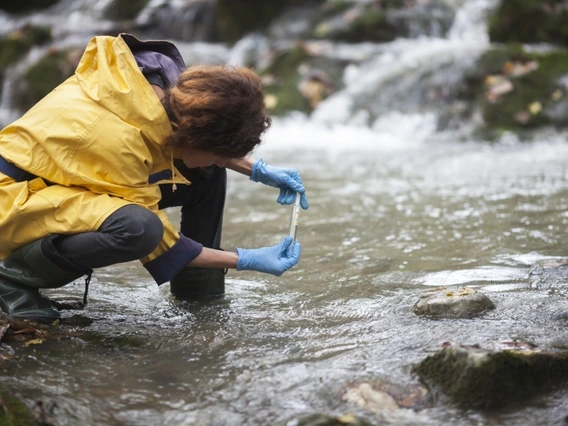
Geosciences
Earth, Ocean, and Climate Emphasis
Develop an understanding of Earth's climate—past, present, and future—and the important connections between the solid Earth, oceans, and atmosphere, and how they influence modern climate dynamics. Graduates pursue careers in environmental geology and scientific research in fields such as oceanography, climate science, surficial processes, paleoclimate, paleoecology and more.

Geosciences
Geology Emphasis
Develop understanding of the structure of the Earth, evolution of life on Earth, plate tectonics, formation and importance of Earth materials and natural resources, processes that shape and change our planet, and linkages between humans and our physical environment. Graduates pursue careers in research, energy, mineral resources, academia, and more.
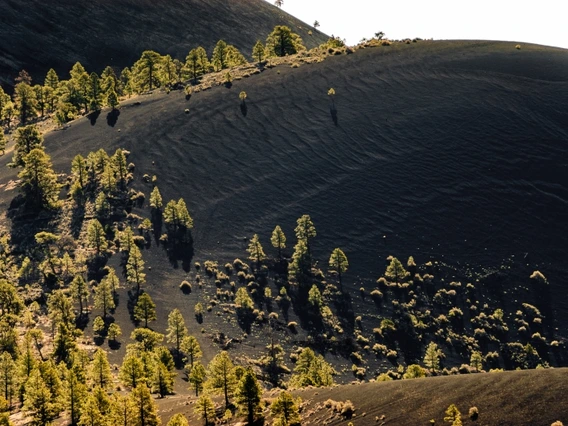
Geosciences
Geophysics Emphasis
Learn fundamental concepts in geosciences including the basic structure of the Earth, major events in the evolution of life on Earth, plate tectonics, formation and importance of Earth materials and natural resources, processes that shape and change our planet, and linkages between humans and our physical environment.
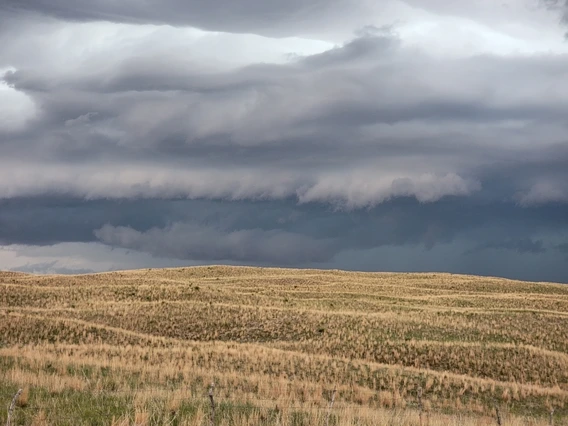
Hydrology and Atmospheric Sciences
Atmospheric Sciences Emphasis
Battle climate change and the impacts of severe weather in at-risk communities by analyzing weather and climate, forecasting, and assessing effects on the planet and people. Following requirements of the National Weather Service, the American Meteorological Society, and the World Meteorological Organization, this major translates to a variety of careers in corporations, nonprofit organizations, and government agencies.
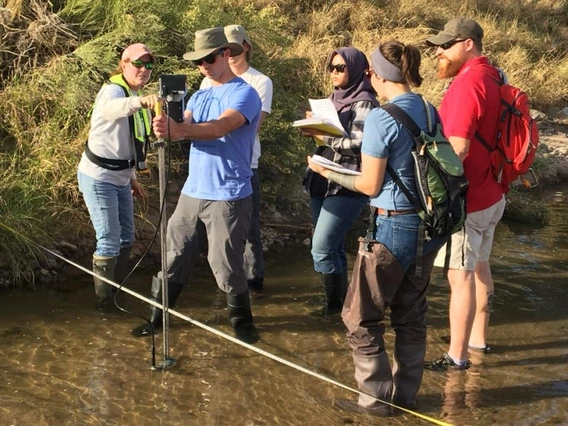
Hydrology and Atmospheric Sciences
Environmental Hydrology and Water Resources Emphasis
Learn about the interplay between water, nature and humans, quality and quantity of various water supplies, how water flow affects the environment, drought, flooding, pollution, precipitation, and more while preparing for a career that helps communities and conserves the environment.
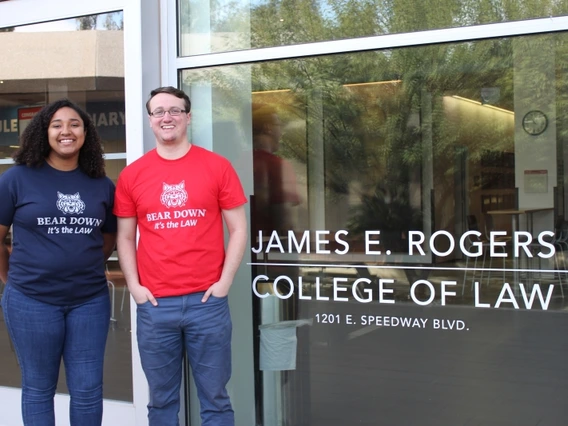
Law
As the first Bachelor of Arts in Law in the country, this degree is designed to meet the high demand for professionals with legal training across a wide spectrum of careers. Students learn key foundational aspects of law, such as criminal and civil procedure, contracts and torts, while specialized internships in real-world environments allow them to home in on areas of interest.

Mathematics
Probability and Statistics Emphasis
Master mathematical theory and hone your logic and reasoning skills in this major, positioning yourself for in-demand roles across business, tech, and research. This major caters to students aspiring to attend graduate school in statistics, economics, or a related subject. Must include a minor outside of the Department of Mathematics.

Medicine
Medicine and Society Emphasis
Explore a variety of topics in courses taught by practicing physicians and medical scientists including what it is to be a healthcare professional; medical ethics; professionalism; health care delivery to improve quality care; advanced anatomical, biochemical, neurological, and physiological science; pathology of disease; mechanisms of treatment; and integrative therapies.
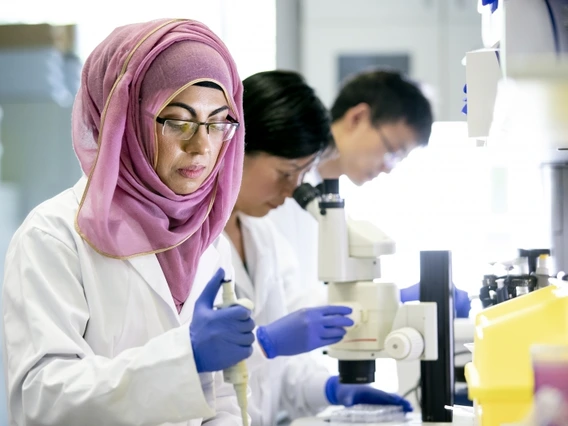
Microbiology
Learn how microorganisms interact with their surroundings with diverse coursework in food safety and consumer health; plant pathology and microbiology; environmental microbiology; microbial genomics and biotechnology; and medical microbiology. This program cultivates your expertise in preparation for highly specialized professions from biotechnology to medical science.
Pagination
- First page
- …
- 3
- 4
- 5
- …
- Last page
Environmental Themes
Career Fields












